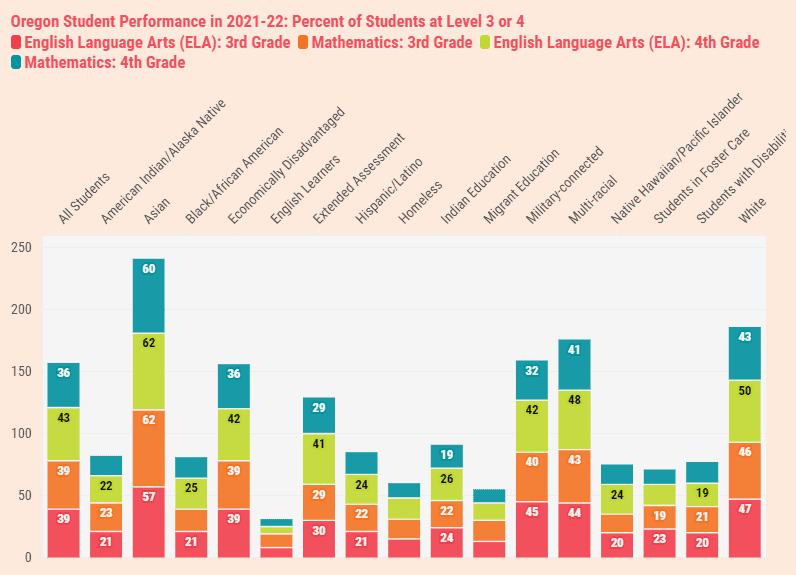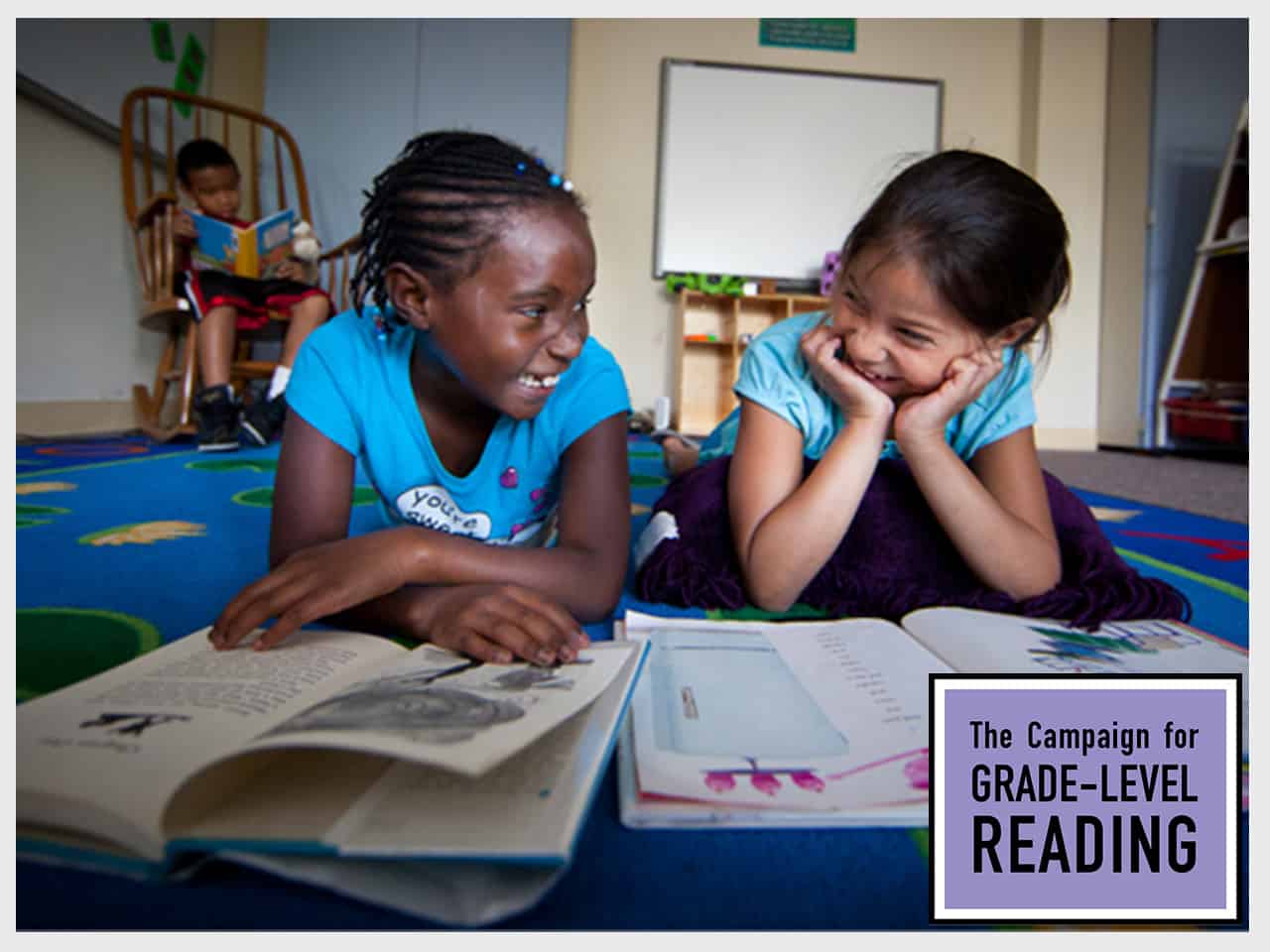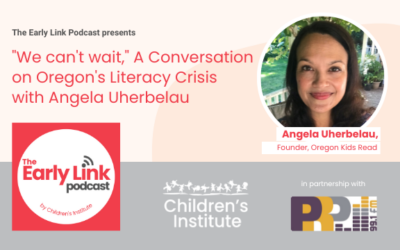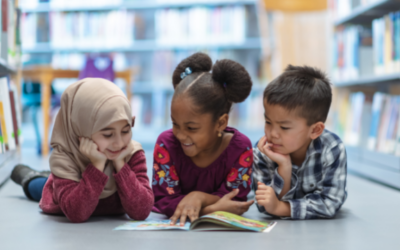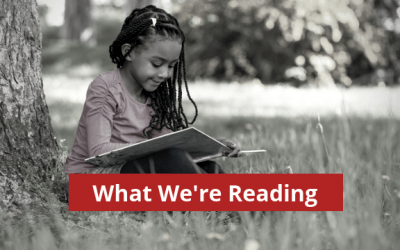The Campaign for Grade-Level Reading
Reading proficiency at the end of third grade is a key predictor of success in school and high school graduation. This is because reading proficiency gives students the skills to engage with more complex curriculum in the years that follow. Students who are not reading proficiently by the end of third grade are four times more likely not to graduate from high school than proficient readers.
The Campaign for Grade-Level Reading (CGLR) is a collaborative effort to improve reading skills in communities across the United States. Local leaders, nonprofit organizations, foundations, business leaders, government agencies and educators are dedicated to disrupting generational poverty and improving early school success by focusing on strengthening reading skills.
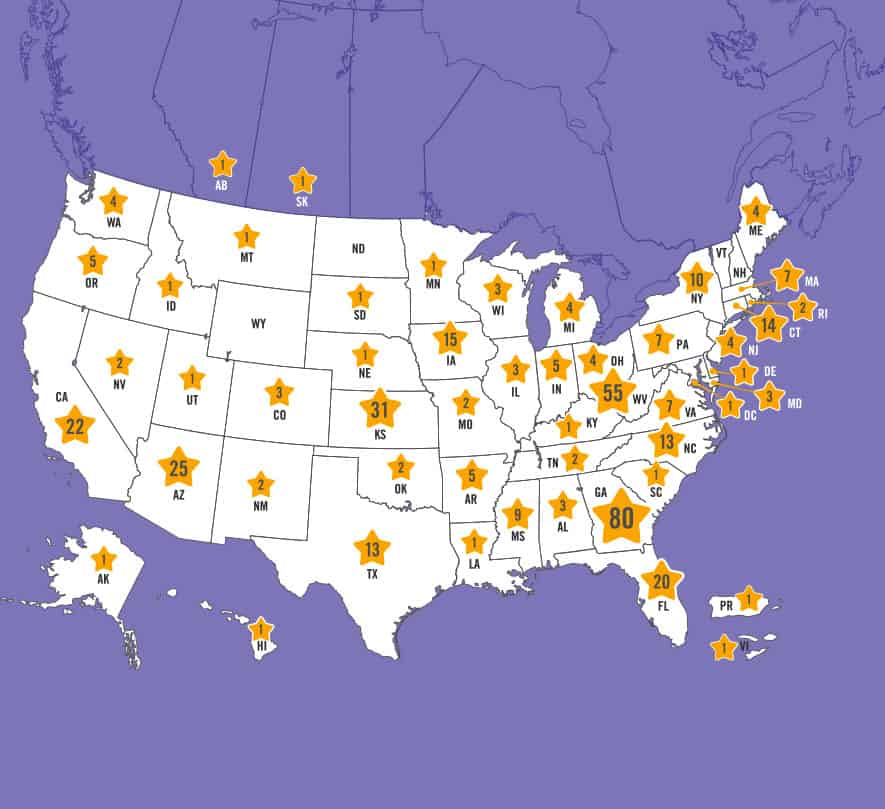 Children’s Institute is the lead CGLR partner in Oregon, and one of more than 5,200 organizations nationally committed to this effort. Success in this effort depends on community partnerships, engaged parents and families, and expanding opportunities to strengthen literacy wherever children learn.
Children’s Institute is the lead CGLR partner in Oregon, and one of more than 5,200 organizations nationally committed to this effort. Success in this effort depends on community partnerships, engaged parents and families, and expanding opportunities to strengthen literacy wherever children learn.
Campaign for Grade-Level Reading communities improve third grade reading outcomes by working in three focus areas:
School readiness: ensuring more children arrive at kindergarten prepared to learn.
School attendance: ensuring children in preschool and K-3 miss fewer days of school.
Summer learning: ensuring children do not lose ground during the summer months.
CGLR Spotlight: Lane County
Led by the United Way of Lane County, this community has an unusual collaboration with three local research institutions (Oregon Social Learning Center, Oregon Research Institute, University of Oregon), allowing them to do extensive work planning for system reform around health, mental health, social services and early learning. Their Campaign for Grade Level Reading work is embedded in this broader effort. They have a team focused on family engagement and a very successful school readiness program called KITS (Kids in Transition to School). The program includes a 16-week series of summer playgroups for future kindergartners focused on literacy and school readiness. Lane County also has an active summer literacy campaign that includes volunteer-led reading in local parks and distributing literacy kits and books.


CGLR Spotlight: Lane County
Led by the United Way of Lane County, this community has an unusual collaboration with three local research institutions (Oregon Social Learning Center, Oregon Research Institute, University of Oregon), allowing them to do extensive work planning for system reform around health, mental health, social services and early learning. Their Campaign for Grade Level Reading work is embedded in this broader effort. They have a team focused on family engagement and a very successful school readiness program called KITS (Kids in Transition to School). The program includes a 16-week series of summer playgroups for future kindergartners focused on literacy and school readiness. Lane County also has an active summer literacy campaign that includes volunteer-led reading in local parks and distributing literacy kits and books.
Resources
Oregon’s Third and Fourth Grade Reading Data
Explore this chart on Flourish to learn more about Oregon’s third and fourth grade statewide report card for reading and mathematics readiness across demographic groups.
Learn more about the Campaign for Grade-Level Reading and their work around the country. Interested in more? Sign up for their newsletter!
The Latest
“We can’t wait,” A Conversation on Oregon’s Literacy Crisis with Angela Uherbelau
On this segment of The Early Link Podcast, host Rafael Otto talks with Angela Uherbelau, founder of Oregon Kids Read, a grassroots literacy and equity group dedicated to ending our state’s literacy crisis.
Join us for a Preview of Right to Read!
Join us on Thursday, July 21, for a preview of a powerful new documentary called Right to Read. The film explores America’s literacy crisis and what to do about it.
Lane County Recognized as a Grade-Level Reading Pacesetter
"The Campaign for Grade-Level Reading (CGLR) included Lane County, Oregon among its 2018 Community Solutions...

